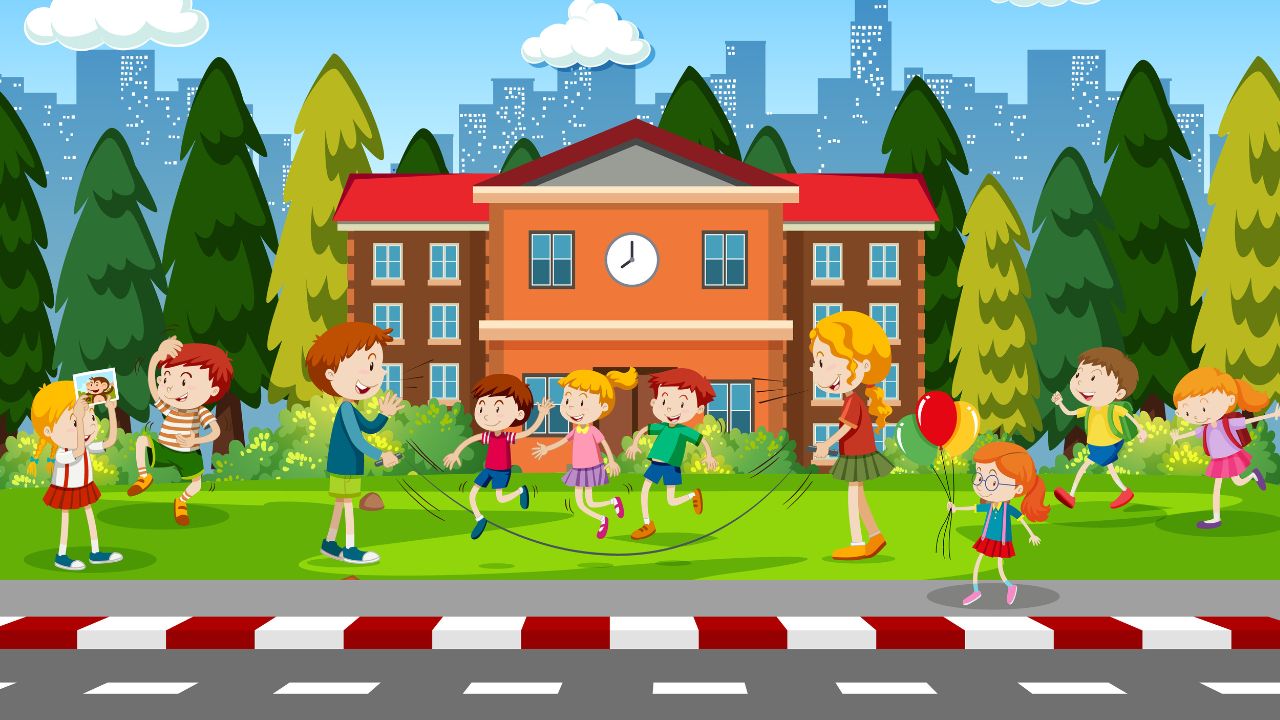Kindergarten is a crucial stage in a child’s educational journey, laying the foundation for their future academic and personal development. During this formative year, children not only learn their ABCs and 123s but also acquire essential skills that will shape their social, emotional, and cognitive abilities. From building relationships and developing empathy to honing fine motor skills and fostering creativity, kindergarten offers a diverse range of experiences that contribute to a child’s holistic growth. In this article, we will explore seven essential skills that children gain in kindergarten, highlighting the significance of this early learning period in preparing them for a successful future.
7 Essential Skills Your Child Gains in Kindergarten
1. Social and Emotional Development
Building Relationships
Kindergarten is like a mini United Nations where your child learns to navigate friendships, share toys, and sometimes negotiate peace treaties during playtime.
Developing Empathy
In kindergarten, kids start understanding that it’s not all about them (shocking, we know). They learn to walk a mile in someone else’s Velcro shoes, developing empathy and kindness.
Managing Emotions
From tears over spilled milk to navigating playground dramas, kindergarten teaches children to handle their emotions like tiny emotional ninjas (with varying levels of success).
2. Literacy and Language Skills
Letter Recognition and Phonics
Forget ABC, it’s all about A as in Apple, B as in Banana, and C as in…confetti? Kindergarteners dive into the world of letters and sounds, setting the stage for reading adventures.
Oral Language Development
Kindergarten is where kids chat up a storm, sharing wild tales of recess adventures and playground conquests. It’s like a tiny version of a late-night talk show, minus the desk and the coffee.
Emergent Reading Skills
Move over, Shakespeare. Kindergarteners are on the verge of decoding words and unlocking the magic of storytelling. Get ready for dramatic readings of “The Very Hungry Caterpillar.”
3. Numeracy and Problem-Solving Abilities
Counting and Number Recognition
One apple, two apples, three apples – math is everywhere in kindergarten! Kids learn to count, recognize numbers, and maybe even calculate how many more minutes until recess.
Simple Addition and Subtraction
Kindergarteners take their first steps into the world of math, adding blocks, subtracting crayons, and discovering that numbers are more than just squiggly lines on paper.
Pattern Recognition
From colorful shapes to repeating sequences, kindergarten introduces kids to the mesmerizing world of patterns. It’s like math and art had a beautifully coordinated baby.
4. Fine Motor Skills and Hand-Eye Coordination
Cutting and Pasting
Kindergarteners become master creators with scissors and glue, turning paper into art masterpieces and occasionally giving their hair a questionable trim.
Writing and Tracing
Get ready for the squiggly line revolution! Kindergarten is where kids hone their writing skills, trace letters, and maybe leave a trail of ABC breadcrumbs wherever they go.
Using Scissors and Pencils
In kindergarten, tiny hands become pros at wielding scissors and pencils, creating crafts with precision, and occasionally scribbling masterpieces on the walls (oops).
Kindergarten isn’t just about snack time and nap mats; it’s a crucial time for children to develop essential skills that will set the stage for their educational journey. So, embrace the chaos, celebrate the milestones, and maybe invest in some extra glue sticks – it’s going to be a wild ride!
5. Independence and Self-Care Skills
Dressing Themselves
Kindergarten teaches your little ones the fine art of dressing themselves, saving you precious morning minutes and fostering their independence. Say goodbye to the inside-out shirts and mismatched socks!
Packing and Unpacking Bags
From packing their own lunchbox to organizing their school supplies, kindergarteners learn the ropes of responsibility by handling their own bags. They might still forget their favorite toy, but hey, Rome wasn’t built in a day.
Following Simple Instructions
“Listen to your teacher” becomes more than just a phrase as kindergarteners practice following instructions, setting the stage for future learning and good behavior. Who knew putting away toys could be so empowering?
6. Creativity and Imagination
Artistic Expression
From finger painting to crafting macaroni necklaces, kindergarten unleashes your child’s inner artist. Embrace the colorful mess and watch their creativity bloom with each masterpiece they create.
Pretend Play
Whether they’re a doctor saving stuffed animals or a chef whipping up imaginary feasts, kindergarten encourages endless pretend play. Who knew a cardboard box could transform into a spaceship or a castle?
Storytelling and Role-Playing
Kindergarten sparks a love for storytelling and role-playing, where your child can be the hero of their own adventure. Get ready for epic tales of dragons, princesses, and maybe even a friendly monster or two.
7. Critical Thinking and Decision-Making Skills
Problem-solving Strategies
Kindergarteners flex their mental muscles by tackling puzzles, navigating challenges, and finding creative solutions.
Decision-making in Play Situations
From choosing which game to play to resolving conflicts with friends, kindergarten hones your child’s decision-making skills in fun and interactive ways. Who knew sharing toys could double as a life lesson?
Critical Analysis of Stories and Concepts
Kindergarten introduces your child to the world of analyzing stories and concepts, helping them think critically about the world around them. Get ready for insightful questions and eye-opening observations that will make you see things in a new light.
In conclusion, kindergarten serves as a crucial stepping stone in a child’s educational journey, equipping them with a diverse set of skills that form the building blocks for lifelong learning and growth. By fostering social and emotional development, literacy and numeracy skills, fine motor coordination, independence, creativity, and critical thinking, kindergarten sets the stage for future academic success and personal well-being. As children embark on their educational path, the foundational skills acquired in kindergarten will continue to serve as a strong framework for their ongoing development and future achievements.
Enrol now: https://www.growinnsteps.com/preschool/kindergarten/
